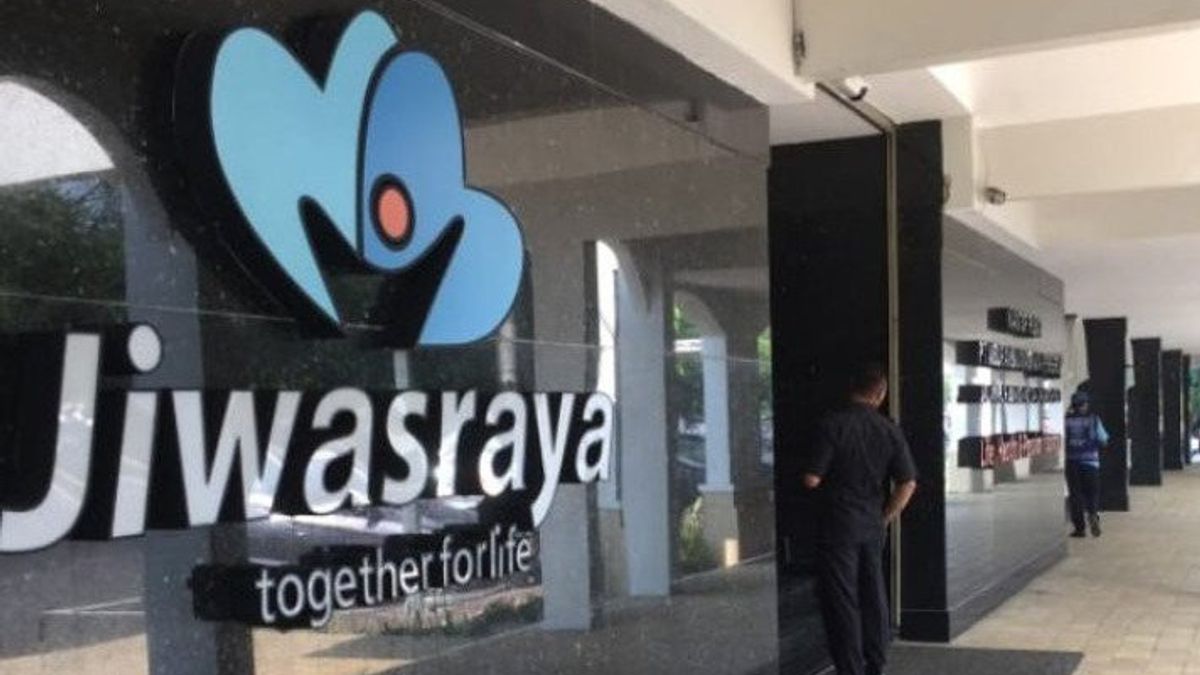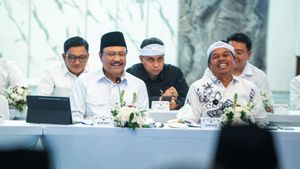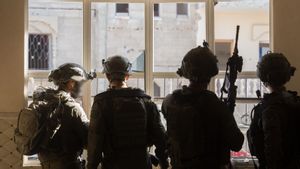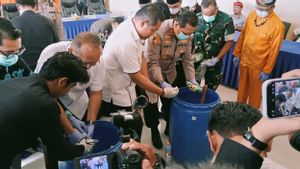JAKARTA - The auction of assets in the Asabri-Jiwasraya case conducted by the Attorney General's Office has been criticized by a number of observers. One of them was from a researcher from the Lokataru Foundation, Nurkholis Hidayat, who revealed a new finding regarding the alleged haphazard confiscation by the prosecutor's office.
The reason is, the Adhyaksa Corps only refers to Article 45 of the Criminal Procedure Code (KUHAP), which is burdened with the cost of maintaining confiscated assets. As a result, many objections have been submitted to the Corruption Court against coercion which are generally based on the investigator's carelessness in separating any assets that are related or not related to the case being investigated.
"The objections did not only come from the suspects, but also other third parties (who had good intentions) who were affected by the confiscation, such as those experienced by securities account owners and thousands of customers and insurance policy holders of PT Asuransi Jiwa Wanaartha," said Nurkholis in his statement at Jakarta, Tuesday 15 June.
According to him, the failure of the prosecutor's office to verify the assets confiscated or confiscated will have a systemic impact on capital market investors and consumers of the insurance business.
"On the other hand, the practice of confiscation and confiscation of assets in the Jiwasraya case which was met by lawsuits from third parties has also exposed the fact that there are legal loopholes related to the impact and consistency of decisions, as well as procedural law, all of which give way to the increasingly important settlement of the Asset Confiscation Bill. " he said.
The facts of the trial that have been revealed so far are actually the opposite of the prosecutor's indictment, even based on the statements of the main witnesses presented by the prosecutor in this case, namely Heru Hidayat and Joko Hartono Tirto, they testified that they did not know, had never communicated with or met with any of the defendants. make an agreement not to sanction MI products.
Nurkholis also provided jurisprudence in a similar capital market case, namely the cassation decision of Karen Agustiawan. The Supreme Court (MA) stated that the loss due to the decline in share value (impairment) was not a real loss.
"The Supreme Court views that the nature of this loss is temporary, which is influenced by the fluctuating value of shares. Therefore, this loss is considered an unrealized loss. If every decrease in company shares purchased by a BUMN company has consequences in the birth of criminal acts, of course investment managers will think a thousand times to be willing to manage the investments of state-owned companies in the Indonesian capital market," he explained.
In line with the constitutional law expert, Margarito Thursday, the prosecutor assessed that the prosecutor must obey the law in confiscation and return all the assets of the defendant who violated Article 39 of the Criminal Procedure Code.
"The prosecutor has no other choice but to fully comply with the law," he said.
"The consequence is that if the auction continues and if the decision is inkrah, the prosecutor will have no other choice but to return all the confiscated goods and money," he said.
He added that if the law was enforced haphazardly, it would cause maljustice to the convicts.
"Do not let law enforcers who have abused power in the Jiwasraya and Asabri cases," he said again.
The English, Chinese, Japanese, Arabic, and French versions are automatically generated by the AI. So there may still be inaccuracies in translating, please always see Indonesian as our main language. (system supported by DigitalSiber.id)










